Opportunities Abound as Argentina Rebuilds its Economy
I just spent a week in the charming wine region city of San Juan, Argentina, and left feeling this town in the shadow of the Andes is an apt metaphor for the country’s erratic economy.
While I was there a 6.5 magnitude earthquake struck just south of us in Mendoza, and the day after I left another 6.3 earthquake hit just north of us in Salta. These quakes left no damage or injuries in their wake, but they are a reminder of this city’s tragic history.
In 1944 the entire city of San Juan was flattened by a massive quake that shattered virtually every building in town. In 1977 it happened again, and again the residents rebuilt their city from scratch.
For me, this Phoenix-like cycle of ruin and rebirth symbolizes the entire country’s struggle to rebuild its economy after decades of struggle and hardship.
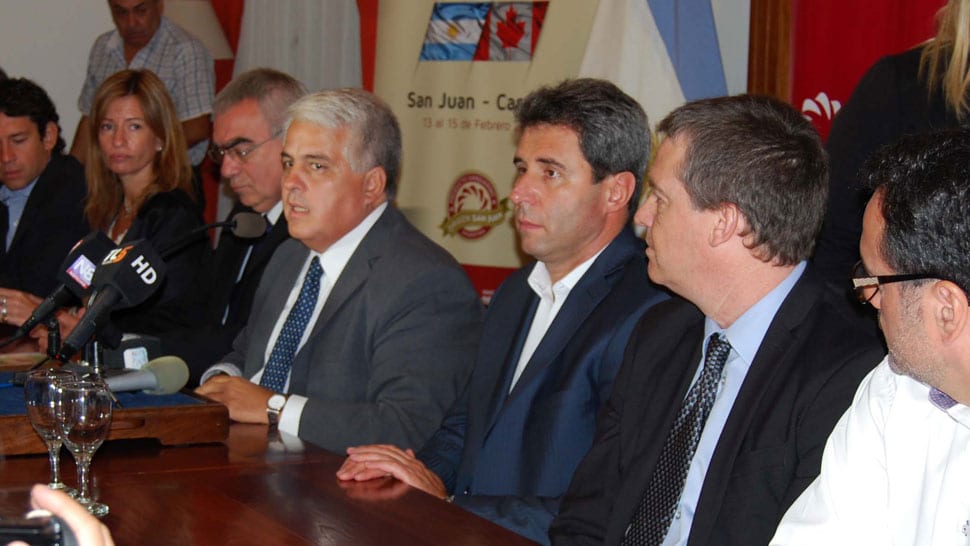 It’s easy to forget that a century ago Argentina was among the richest nations in the world. Glorious mansions were built in Buenos Aires and by the Finca (estate) owners in the country, funded by one of the most dynamic export markets on the planet.
It’s easy to forget that a century ago Argentina was among the richest nations in the world. Glorious mansions were built in Buenos Aires and by the Finca (estate) owners in the country, funded by one of the most dynamic export markets on the planet.
And then it all tumbled down. Argentina became the ‘sick man’ of Latin America, its once mighty economy crippled by recurring economic crises, labour unrest, crippling deficits, high inflation and the flight of foreign capital.
All of this was compounded by the last few governments in Argentina, particularly that of Cristina Fernandez De Kirchner, who took over from her husband as President, and promptly threw the country back into recession by restricting exports and imports, and imposing draconian interventionist policies throughout the economy.
But today, the sagging economy of Argentina is gathering steam. It appears the country is finally ready to reach its potential, and there are huge opportunities coming for those who know where to look.
The Cambiemos (We Can Change) government of Mauricio Macri took power in 2015 with a mandate to kick the country’s moribund economy into high gear … and the change in atmosphere is palpable.
Among other things, the government is working with a private company called Argentina Trade Management (argentinatmc.com) in Vancouver to help build new trade connections with Canada. It was ATMC who brought me to San Juan in February where I spent a week speaking to government officials and business people in San Juan Province, including Governor Sergio Uñac. I was frankly startled at the government’s newfound passion to rebuild the economy.
A day after I arrived Dr. Uñac and Rita Benkhalti of ATMC whisked myself and several other Canadian investors and importers into a press conference. His staff and ministers arranged a whirlwind schedule of meetings with wineries, olive producers, and government officials such as the Secretary of Public Works and the Minister of Economic Development.
One of the major projects now underway, after decades of delays, will change the very nature of the export market in Argentina. It’s called the Tunel Agua Negra (Black Water Tunnel), a 14-kilometer tunnel and 300 kilometre highway that goes under the Andes Mountains into Chile. It’s also part of a new transportation corridor linking Chile, Equador, Argentina and Brazil.
When complete, the tunnel will resolve the single greatest issue holding back exporters from the region; the difficulty in getting export goods to market. It gives Argentina easy access to Chile’s Pacific Ocean ports, allowing minerals and agricultural products to be exported more easily by sea.
The current highway to Chile includes the hazardous Agua Negra pass, where one 50 kilometre section of steep and winding road can take four hours to navigate, and is subject to frequent closures in winter. The only other pass is through the Cristo Redentor tunnel, which is also closed frequently in winter.
Trips that now take seven hours in summer, and are sometimes impossible in winter, will now take only three hours as transport trucks zoom under the Andes at 100 kmh. The tunnel will help resolve what the global research firm Stratfor called Argentina’s greatest issue, “It’s isolation from major markets.”
But the $1.5 billion tunnel is only one of several initiatives designed to boost Argentina’s economy.
When Macri was elected he faced 30 per cent inflation, a lingering recession, and a country hamstrung by disputes over Argentina’s default on its massive foreign debt. Labour unrest made manufacturing investment less attractive, and the former government’s policy of capping domestic oil and gas prices virtually crushed the industry.
Macri’s first move was to reach a deal with creditors, restoring faith among lenders and investors. His second was to slash energy subsidies that were killing the country’s oil and gas projects. His third was to start negotiating deals with the national labour unions to make manufacturing more competitive.
Less than two years later there is cautious optimism among the business elite in Argentina, particularly in the areas of agriculture exports, oil and gas, and mining.
Equedia has written often about Lithium mining, and is already invested in the Millennium mining project in Salta, north of San Juan. (INSERT LINK)
Growth in this sector is now exploding thanks to the government’s new pro-mining and pro-export stance. Argentina is already the third largest producer of Lithium in the world, and production in 2016 (the year after Macri’s election) increased by 60 per cent.
According to Reuters, lithium carbonate output in Argentina is expected to triple over the next three to five years.
Argentina, along with Bolivia and Chile, is part of the Lithium Triangle; a massive concentration of high quality ore that could very well make Argentina the world’s largest producer of this highly sought after resource that USA Today called ‘The New Oil’.
But it’s not just lithium. Old-fashioned oil and gas is getting the love from the Cambiemos government as well, and this opens up opportunity for investment in the massive Vaca Muerta shale play in Neuquen province.
The number of exploratory and full production wells in the Vaca Muerta have increased fivefold since 2012, fueled partly by the higher domestic prices for gas and oil. In our opinion the region is poised for a major oil and gas boom if prices go above $80 a barrel.
Agriculture remains the backbone of Argentina’s export economy, however, and here too the government is removing barriers to investment and development.
Macri sharply cut export taxes last year, and the government is working hard to re-establish lost ties with importers, particularly the US, Canada and China.
Argentina is really the breadbasket of Latin America, and produces massive amounts of soybeans for the Chinese market, and a variety of grapes, olives, fruits and of course wine for the markets in South and North America.
Those exports fell sharply from 2011 to 2015 when De Kirchner became President, but are now rising once more fuelled by lower export taxes and investors who are starting to see the long-term upside of investing in Argentinian farmland. In the last year I’ve seen both Canadian and Chinese investors buying up high quality vineyards in the Uco Valley in Mendoza and the Pedernal Valley in San Juan.
I’m no farmer, but even I can see the potential when I was offered prime farmland in San Juan for $2,000 a hectare!
In San Juan itself the determination of the people to improve their economy and their country can be seen everywhere.
The newly built Centro Civico in San Juan makes Vancouver’s city hall look positively shabby. The municipal theatre next to it is a gleaming testament to a people who don’t know the meaning of quit. And everywhere I went, whether to wineries or olive farms or highway improvement projects or manufacturing plants, I saw optimism and a determination to succeed.
It gave me the strong feeling Argentina, like San Juan after the earthquakes, has the potential to come back stronger than ever.
By Gary Symons, Equedia


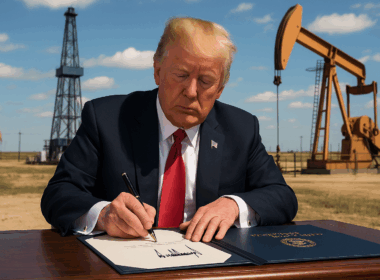
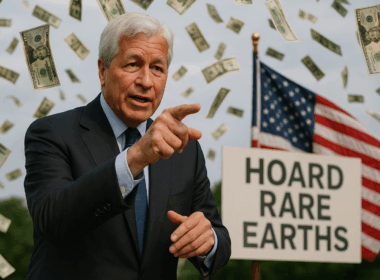





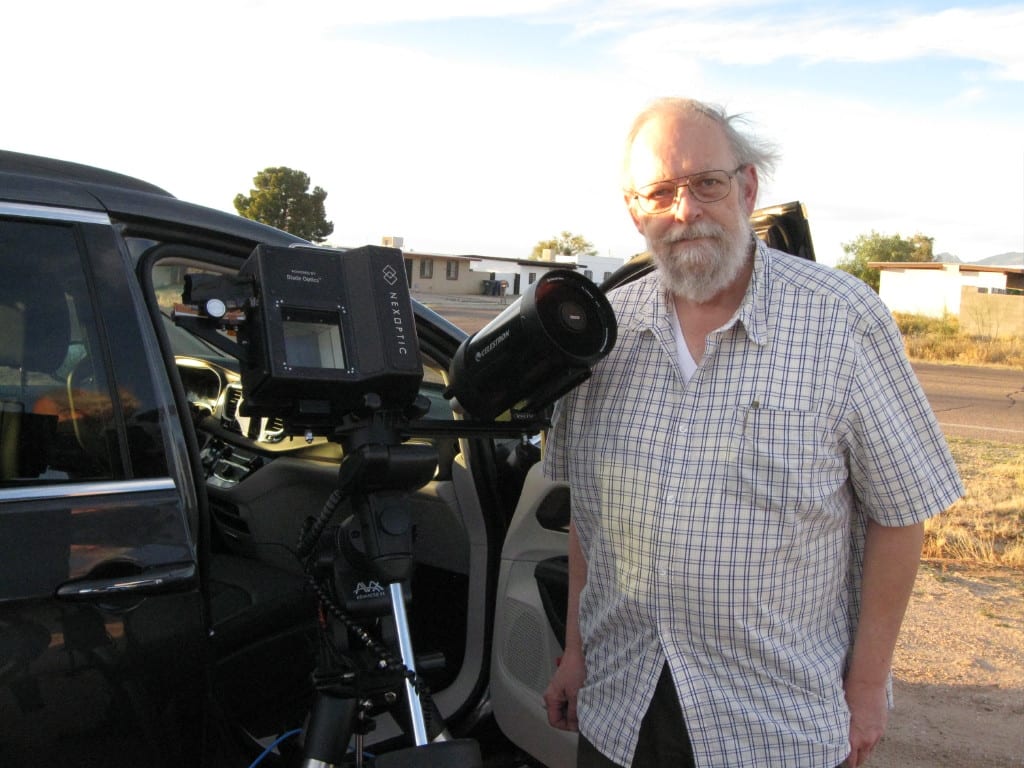


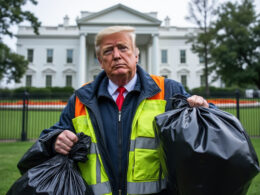

I have made 45 trips to Argentina over the years and have long believed that, with the right government, Argentina could once again be one of the wealthiest countries in the world. I mean, Argentina has it all: vast expanses of the richest soil in the world, abundant rainfall in much of the country, flat terrain in most of the country that facilitates highway construction, a very long coastline with a wealth of seafood, huge mineral deposits(gold, silver, lithium, copper, oil and natural gas), touristic attractions(the best bird shooting in the world, some of the best trout fishing in the world, excellent skiing—-and the infrastructure to support these activities); the best beef in the world; and some of the best red wine in the world, among other things.
I have written three books about Argentina and would be interested in communicating with others who have a serious interest in Argentina..